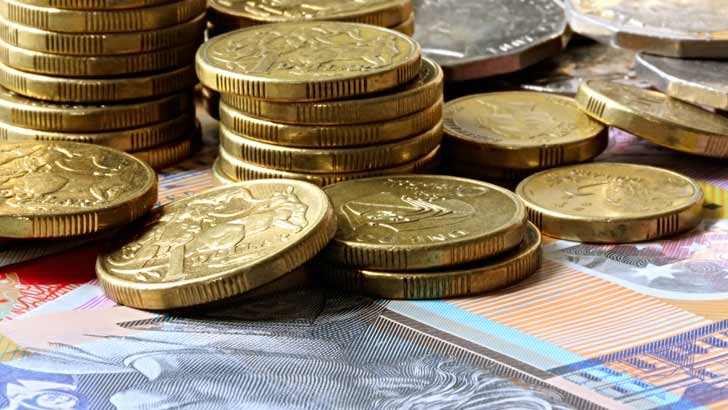Why lost bank accounts earn better interest than your online saver
By Effie Zahos
Lost bank accounts earn decent interest but that's not a practical solution to the yield challenge
The interest rate earned on "lost" bank accounts for the 2017-18 period was 2.13%. The average interest rate on a transaction account over the same period, according Canstar data, was a measly 0.11%. For an online saver it was 1.19%.
Surprised? I certainly was. And to top it off no tax is payable on interest earned on a lost bank account.
Maybe this is why there is over $650 million sitting in lost bank accounts. Clearly it pays to lose sight of your money!
A bank account is considered lost if it hasn't been used in seven years and contains a balance of $500 or more. All unclaimed money received by ASIC is transferred to the Commonwealth of Australia Consolidated Revenue Fund.
Since July 2013 all lost money has earned interest. The rate is based on the percentage change in CPI. Before 2013 no interest was applicable.
So what does this all mean dollar wise?
A case study on the MoneySmart website explains how interest on Steve's $1000 lost bank account is calculated. During the period in question, a little over a year, Steve earns $30.68 on his lost money.
I asked Canstar to run the numbers over the same period using the average interest rates for both a transaction account and an online saver, and the returns weren't as exciting - $2.44 and $26.66 respectively.
While it may pay to lose your bank account you are clearly better off collecting your windfall and putting it to better use.The catch is, of course, that if you want to earn above average interest rates on a cash account you've got to be prepared to jump through some hoops.
"Banks are increasingly rewarding customers who show their loyalty to them by providing significant bonuses when conditions are met," says Josh Sale, Canstar senior research analyst.
"The conditions can range from regular deposits or having your salary deposited into a linked transaction account to making transactions using another one of the bank's products. You typically need to do a bit more work now to secure that higher rate."
To find out if you are entitled to any unclaimed money, the best place to start is the Australian Securities and Investments Commission's (ASIC) website moneysmart.gov.au, which has records of accounts with insurance companies, banks, building societies and credit unions, as well as company shareholdings.
Click on the Tools & Resources link and you'll see the "Find unclaimed money" option.
There are links to state revenue or public trustee offices, as they too have lists of unclaimed money.
If you do find that you've got some lost money, the date from which you're paid interest will be shown in your unclaimed money search record. The interest will be calculated from that date to 14 days after your claim is approved to allow for your claim to be processed and your cheque to be issued.
Get stories like this in our newsletters.



